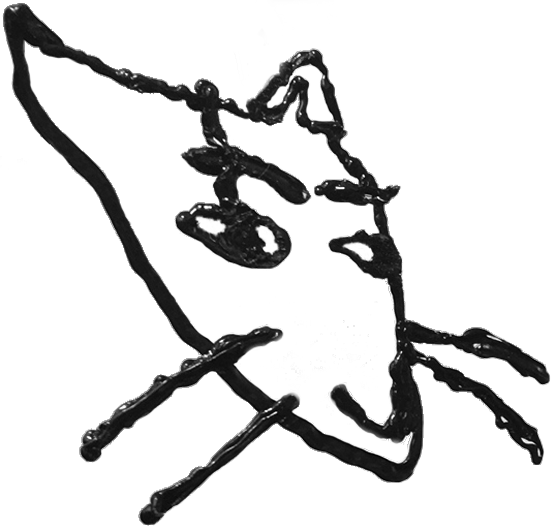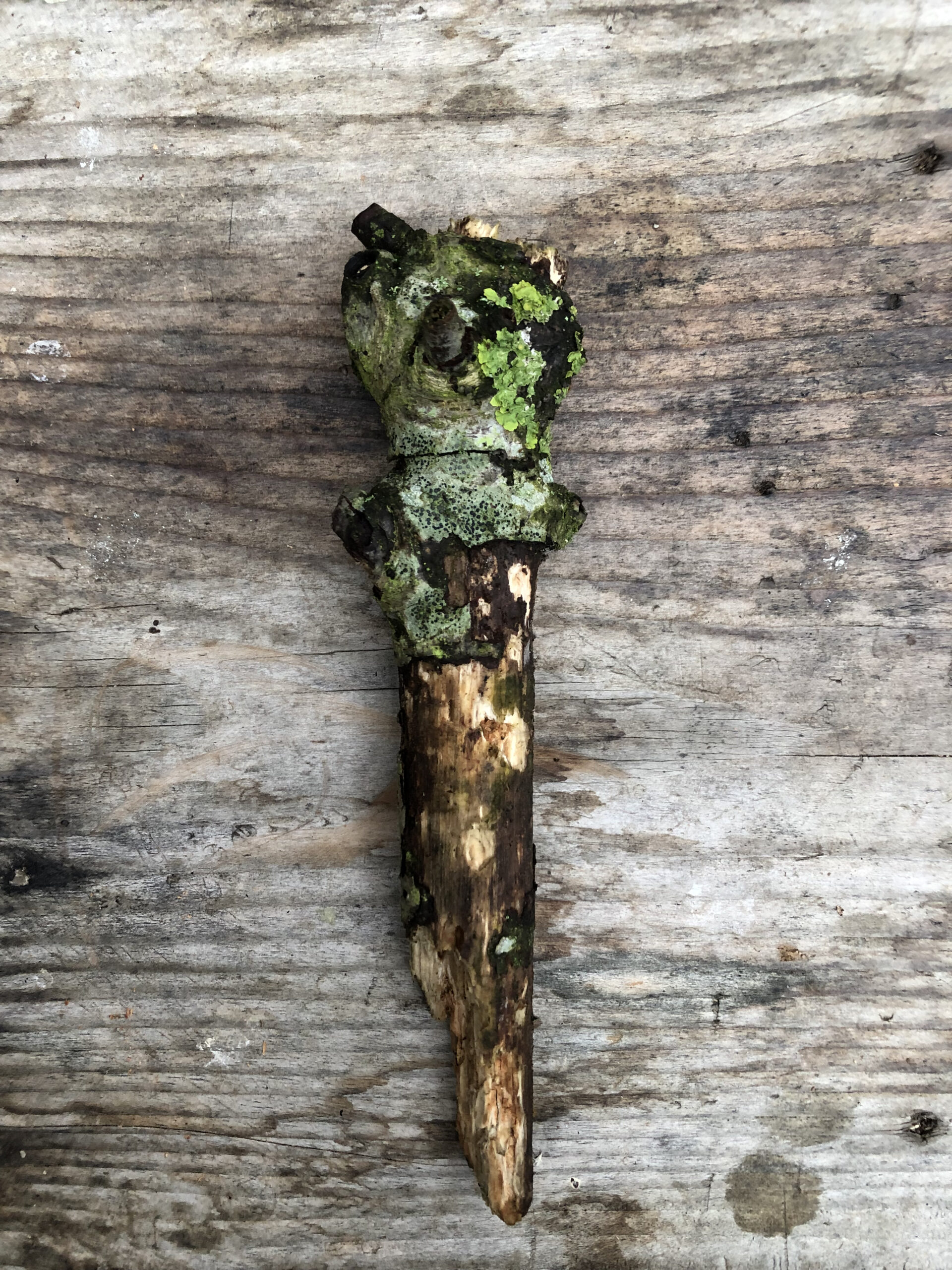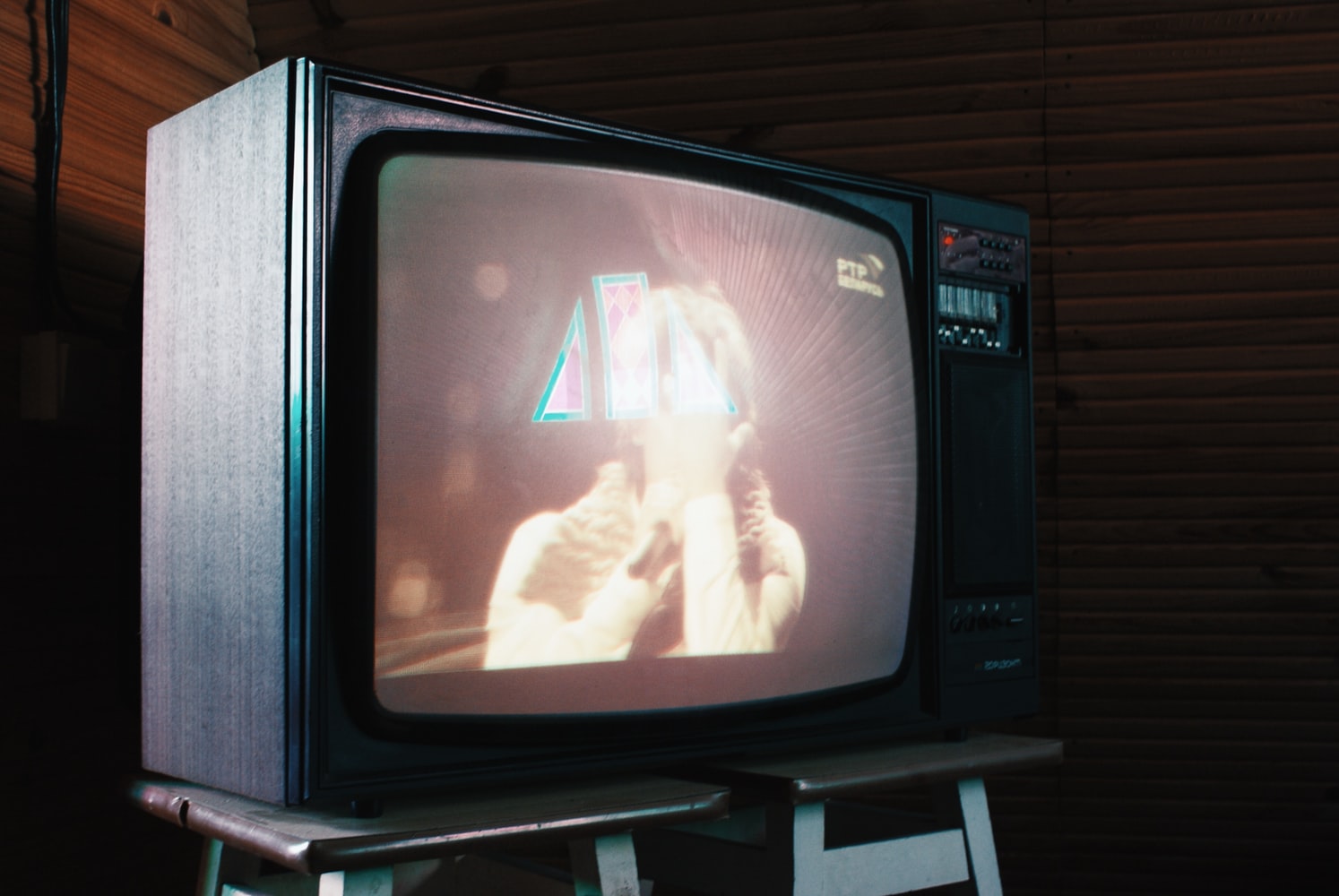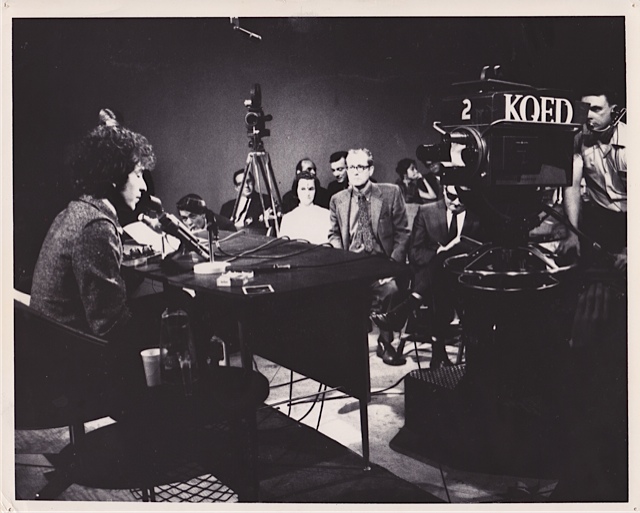In the introduction to his latest book Mano Dura/una indicación, Oscar Cruz (Santiago de Cuba, 1979) describes himself as “the result of a common Cuban upbringing with government assistance,” who has now “resigned himself to live in a country some 70 or 80 years behind much of the outside world.” The issues of necessity and scarcity touch both the poet and his homeland, where the longest trade embargo in modern history, sanctions, heavy dependence on foreign goods, and inflation have seemed to stop the flow of time. His poetry exercises a freedom hardly possible in the territory of its composition; it laughs at itself, resists, overcomes, and most importantly, lives, as Cruz says, “to realize its own stupidity.”
Cruz has published four books of poetry, Los malos inquilinos (2008), Las Posesiones (2009), Balada del Buen Muñeco (2012) and La Maestranza (2013). In 2016, he published the anthology The Cuban Team. Los once poetas cubanos (Hypermedia Ediciones, Madrid, España). He has also translated Georges Bataille's Le Petit (El pequeño, Ediciones Santiago, 2010) and serves as co-editor of the Cuban literary journal La Noria. – Miguel Coronado, translator.
Intensive zoo
raising ducks in my country is not prohibited.
official figures show the species has grown
by over one million.
ducks are domesticated animals, joyous and loyal,
they'll sit with you on the lawn pecking grass.
my grandfather doesn't like them. he says they only know
how to twist their necks and let loose horrible quacks.
after eating,
they'll leave a trail of shit in the garden.
they're certainly a lot of work, but
they're so lively. I never shared my grandfather's
anguish over ducks.
the real problem with them is that they never last,
that is, it doesn't matter how you raise them. they return
to their natural state and leave the people who raised them;
it's a truth that tarnishes the time
one has with them. but like I said they're still full of joy
and loyal, it's just that the moment always comes when nature calls,
when they climb up to the highest places in the garden
and without looking at my grandfather's face, begin
to calmly shit themselves.
The fight
my father knew roosters, maybe he wasn't good at other things, but that he knew. one evening, after winning, he told me: we're going to Graciela's house. she was a skinny woman, with big, dirty eyes. her quick, labored breathing atoned for my sins, and she excluded me with each exhale. this is your house, she said. I didn't respond. my father was pushing her into the bedroom. he kissed her sticking in his tongue. he played with her and then they moved to the bed. when he felt she wanted it, he slowly rubbed his animal. he pushed her away and slapped her hard on the face, then went back to groping around down there while his mouth was fastened against hers. then, tilting back his head, he tried to contain himself. he was sweating. I was there, staring, motionless. his face smiled like my face at the dentist's chair. I hated them, their sadness, their brevity. I felt they had something that I didn't have yet. she turned away and told him:
"you remind me of those fighting cocks"
"what are you trying to say"
she smiled.
I turned around and started to walk away. I left the bedroom, passed the fence. it was a hot august evening. I could see some cows, some women with their roosters, and a man with his hair still slightly disheveled.
The Dunes of Coro
I pursued a goat across the desert
unable to reach her. not the way Lautréamont did
on his raft chasing after an ostrich.
I had different vices. a different vision that disturbed me.
the Dunes of Coro were in front of me in one indelible
mass of earth.
my ears pricked up to hear what others hear,
the underground beat, the deep sound of drums,
the noise the sand makes as it slides in every direction
over my feet. standing there, I saw the goats running
through all of my senses, they had no meat or milk to give
but they were waiting for a sign that never came.
what was firmly under my feet was not sand,
but bone dust, metal oxides, forgotten fragments.
I didn't feel that I was alone, because someone
was running at my side with the same intensity,
discovering new places, always with the same words,
slowly hidden in thread, lost wastelands
in the numen of a life, dripping freely from their mouth
to imprint peace and liberty into my thoughts.
my seat in the sand was warm, and it let me
take pleasure, alone, in the company of goats.
while, in the most sinister part of the landscape,
an apprehensive goat watched us.




